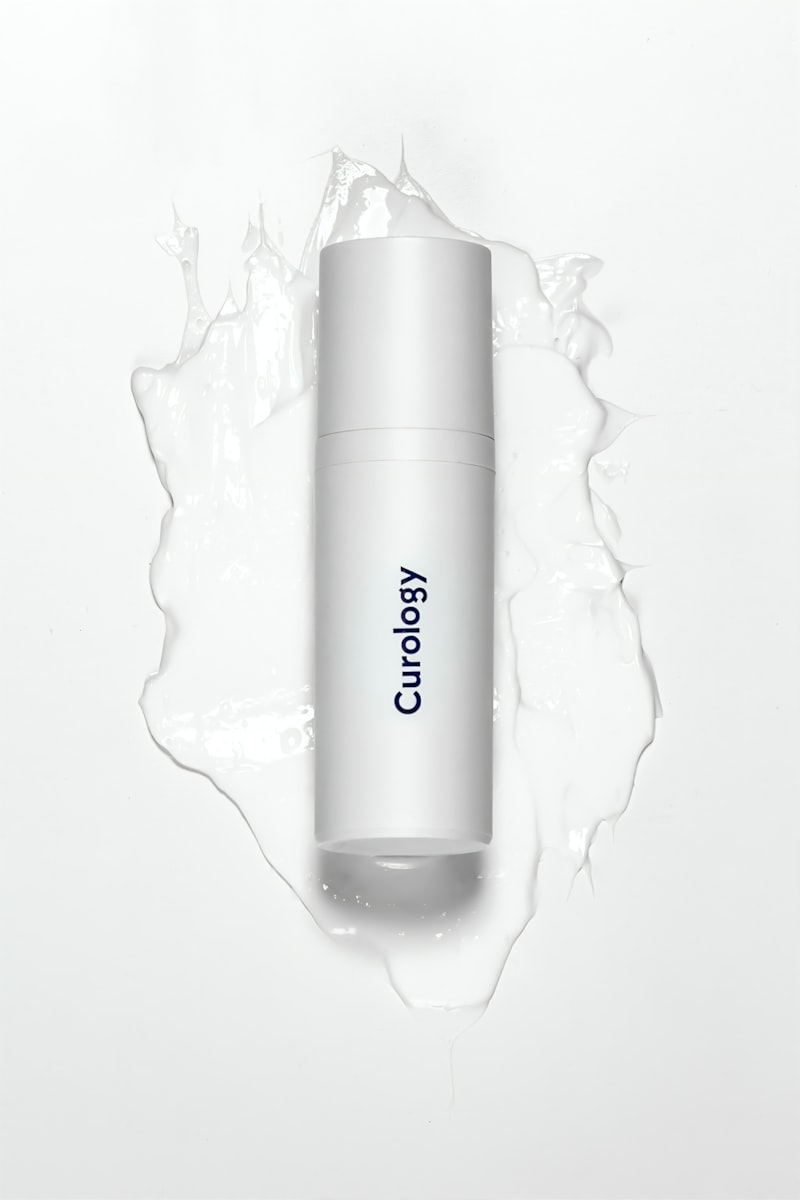AI brings a wealth of benefits to the table when it comes to product innovation. One of its standout features is its ability to process and interpret data at a speed and scale that humans simply cannot match. This means that businesses can gather insights from customer feedback, market research, and even social media trends in real-time, allowing them to adapt their products swiftly to meet changing consumer demands.
Moreover, AI-powered analytics can uncover hidden correlations within data sets that human analysts might overlook. This capability enables companies to identify emerging trends and anticipate future market needs proactively. By harnessing these insights, businesses can create products that are not only innovative but also precisely tailored to their target audience’s preferences.
Another significant way AI enhances product innovation is through automation. AI-powered systems can streamline repetitive tasks in the product development process, such as prototyping, testing, and even design iteration. This automation frees up valuable human resources to focus on more creative and strategic aspects of innovation, leading to faster time-to-market and more efficient use of resources.
Furthermore, AI facilitates personalized product experiences. By analyzing user behavior and preferences, AI algorithms can recommend customized product features or configurations to individual customers. This level of personalization not only enhances customer satisfaction but also increases the likelihood of repeat purchases and brand loyalty.
Revolutionizing Industries: AI’s Impact on Product Innovation

In the realm of product innovation, AI acts as a catalyst, speeding up processes and unlocking new possibilities. Traditionally, developing a new product involved extensive research, prototypes, and iterations—all of which took time and resources. With AI, this timeline is being condensed significantly. Algorithms can analyze vast amounts of data in seconds, identifying patterns and predicting consumer preferences with remarkable accuracy.
Take the automotive industry, for example. AI-powered simulations now allow engineers to test thousands of design variations virtually, optimizing performance and safety without the need for physical prototypes. This not only saves costs but also accelerates the time it takes to get a new vehicle from concept to showroom.
Moreover, AI isn’t just about efficiency; it’s about creativity too. Machine learning algorithms can generate innovative ideas based on existing designs and market trends. This blend of data-driven insights and human ingenuity is producing products that are not only functional but also resonate deeply with consumer needs and desires.
But perhaps the most transformative impact of AI in product innovation is its ability to personalize offerings at scale. By analyzing consumer behavior and preferences in real-time, AI enables companies to tailor products to individual tastes. Whether it’s recommending the perfect skincare regimen or suggesting customized apparel, AI is turning mass production into mass personalization.
From Concept to Reality: How AI Drives Product Innovation Forward
AI, or artificial intelligence, isn’t just a buzzword anymore—it’s the driving force behind some of the most exciting advancements in technology today. Imagine a world where machines learn, adapt, and create alongside humans, turning imaginative concepts into reality faster than ever before.
At its core, AI empowers product innovation by crunching vast amounts of data with lightning speed. It’s like having a supercharged brain that can analyze consumer trends, predict market demands, and even simulate real-world scenarios to test prototypes—all without human intervention.
Take self-driving cars, for example. What once seemed like a futuristic dream is now becoming a reality, thanks to AI. Algorithms continuously learn from millions of driving scenarios, refining their ability to navigate complex environments safely and efficiently.
In healthcare, AI is revolutionizing diagnostics and treatment strategies. From identifying cancerous cells in medical images to personalizing patient care based on genetic data, AI is amplifying the capabilities of healthcare professionals, leading to more accurate diagnoses and better outcomes for patients.
But AI isn’t just limited to big industries; it’s also empowering small businesses and startups to innovate. By automating routine tasks, predicting customer behavior, and streamlining operations, AI allows entrepreneurs to focus more on creativity and less on administrative burdens.
Moreover, AI-driven innovations aren’t static; they evolve continuously. Algorithms learn from real-world feedback, adapting and improving over time. This iterative process ensures that products become smarter, more intuitive, and better aligned with user needs with each iteration.
Unleashing Creativity: AI’s Crucial Role in Modern Product Development

Imagine this: you have an idea brewing in your mind, something truly innovative. But how do you transform that idea into a tangible product that captivates your audience? Here’s where AI steps in as your ultimate collaborator. It’s not about replacing human creativity; it’s about amplifying it to new heights.
AI brings a treasure trove of tools to the table. From predictive analytics that forecast market trends to generative design algorithms that churn out countless prototypes in minutes, AI accelerates the ideation phase like never before. It’s like having a supercharged brainstorming session with a team of experts who never sleep.
But it doesn’t stop there. AI isn’t just about speed; it’s about precision too. Picture this: you need to tweak your product’s design based on customer feedback. Instead of starting from scratch, AI algorithms analyze data from customer interactions and suggest refinements that resonate better with your target audience. It’s like having a crystal ball that shows you the future of your product’s success.
And let’s talk customization. Every customer wants to feel like a product was made just for them. AI-powered personalization algorithms delve deep into consumer preferences, crafting bespoke experiences that foster loyalty and satisfaction. It’s like having a personal shopper who understands your tastes better than you do yourself.
AI-Powered Insights: Redefining Product Innovation Strategies
Imagine having a crystal ball that not only predicts market trends but also suggests innovative ideas tailored to your business goals. That’s the power of AI-powered insights in product innovation. By analyzing vast amounts of data in real-time, AI algorithms can uncover hidden patterns, consumer preferences, and emerging market trends that human analysis might miss. It’s like having a team of analysts working around the clock, processing information at lightning speed.
One of the most significant advantages of AI in product innovation is its ability to enhance decision-making. By crunching numbers and analyzing consumer behavior, AI can provide valuable insights into what customers truly want. This means businesses can develop products that are not only innovative but also resonate deeply with their target audience.
Moreover, AI doesn’t just stop at predicting trends—it helps in creating them. By identifying gaps in the market or areas ripe for disruption, AI-powered insights empower businesses to pioneer new products and services. It’s akin to navigating through uncharted waters with a reliable compass, guiding you towards untapped opportunities.
Another area where AI shines is in optimizing the innovation process itself. From ideation to market launch, AI can streamline workflows, automate routine tasks, and even generate creative ideas based on historical data and current market conditions. This efficiency not only saves time and resources but also allows teams to focus more on strategic initiatives and less on mundane tasks.
Furthermore, AI-powered insights foster a culture of continuous improvement. By providing real-time feedback and performance metrics, businesses can iterate on their products rapidly, making adjustments based on actual data rather than assumptions or guesswork. This iterative approach not only accelerates time-to-market but also ensures that products evolve in sync with changing consumer preferences.
Beyond Limits: How AI Explores New Frontiers in Product Design
In today’s fast-paced world, innovation is not just a buzzword but a necessity for survival. AI steps in as the ultimate ally, leveraging its computational prowess to analyze consumer preferences, market trends, and even competitor strategies. This deep understanding allows AI to predict future demands and create products that not only meet but exceed expectations.
Imagine a scenario where AI acts as a co-creator, collaborating with human designers to brainstorm ideas and refine concepts. It sifts through immense volumes of design data, identifying correlations and insights that human minds might overlook. This synergy results in products that are not only aesthetically pleasing but also functional and intuitively designed.
One of the most remarkable aspects of AI in product design is its ability to iterate rapidly. Traditional design processes often involve lengthy cycles of prototyping and testing. AI accelerates this process by simulating thousands of design variations in a fraction of the time. This agility allows designers to explore multiple possibilities, refining each iteration based on real-time feedback and data-driven insights.
Moreover, AI enables personalized product experiences like never before. By analyzing user behavior and preferences, AI can tailor designs to individual needs, creating a sense of exclusivity and relevance. This personalization enhances customer satisfaction and loyalty, fostering deeper connections between brands and consumers.
Frequently Asked Questions
How does AI support iterative improvement in product design?
Learn how AI enhances product design by analyzing user feedback, predicting trends, and iterating designs swiftly, leading to more refined and market-oriented products.
How does AI contribute to faster product development cycles?
Discover how AI accelerates product development cycles by automating repetitive tasks like data analysis and prediction, enabling rapid prototyping through simulations and optimizations, and enhancing decision-making with real-time insights.
What role does AI play in predicting market trends for new products?
Discover how AI predicts market trends for new products by analyzing vast data sets and consumer behavior patterns. AI algorithms identify emerging preferences and potential demand shifts, helping businesses anticipate market needs and optimize product development strategies.
What are the key ways AI enhances product innovation?
Discover how AI boosts product innovation through advanced data analysis, predictive insights, automated processes, and personalized user experiences.
Can AI improve product customization and personalization?
Learn how AI enhances product customization and personalization, leveraging data insights to tailor products to individual preferences and behaviors, thereby optimizing user experience and satisfaction.


